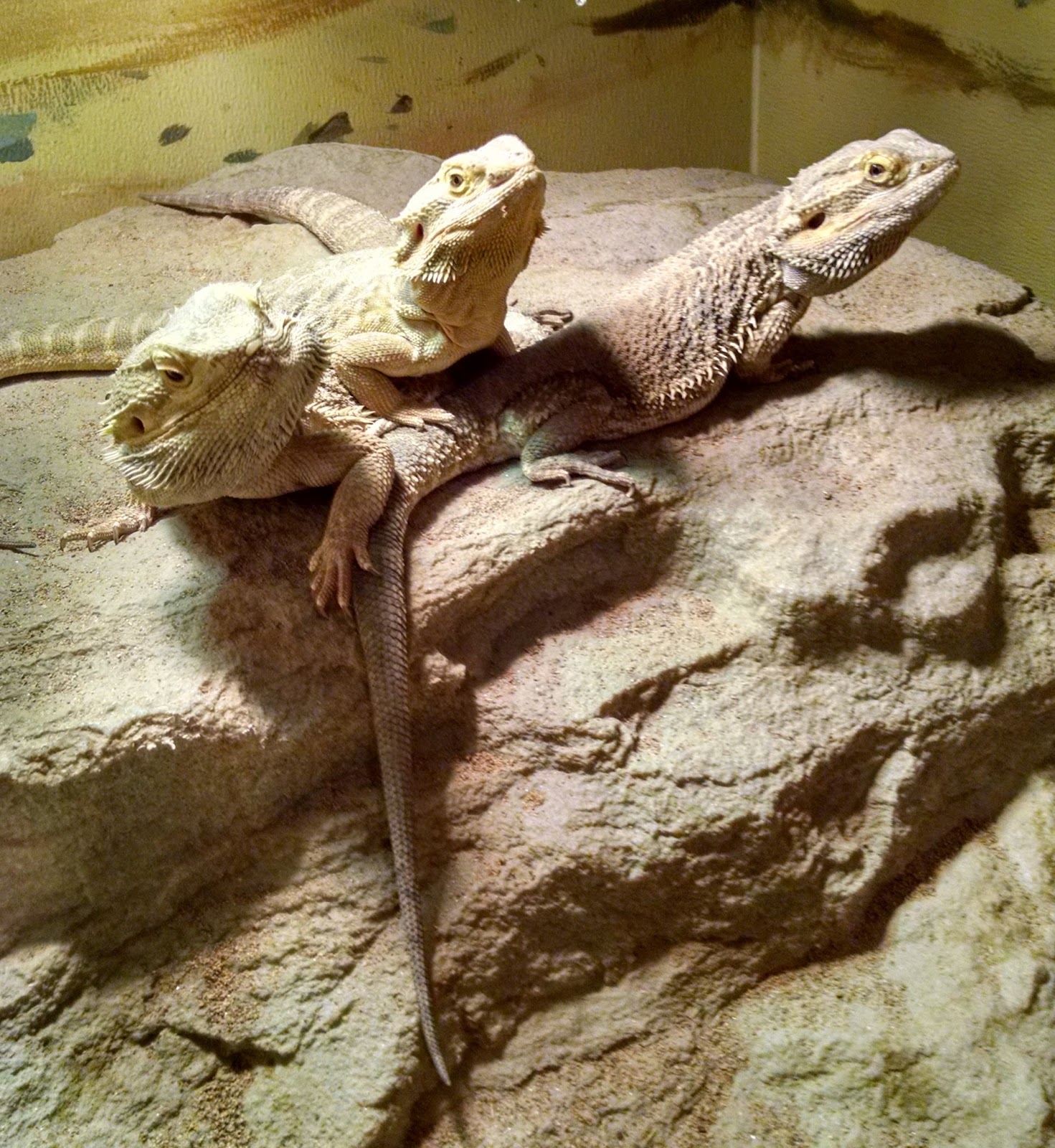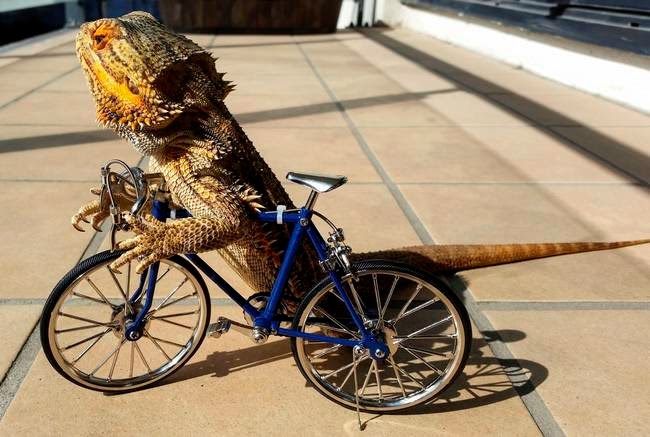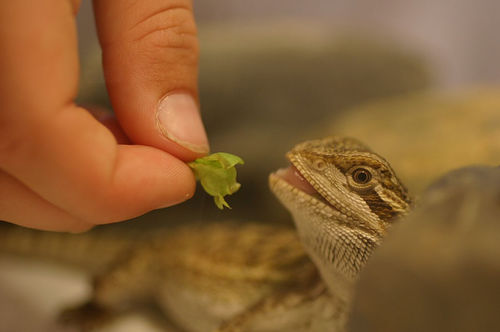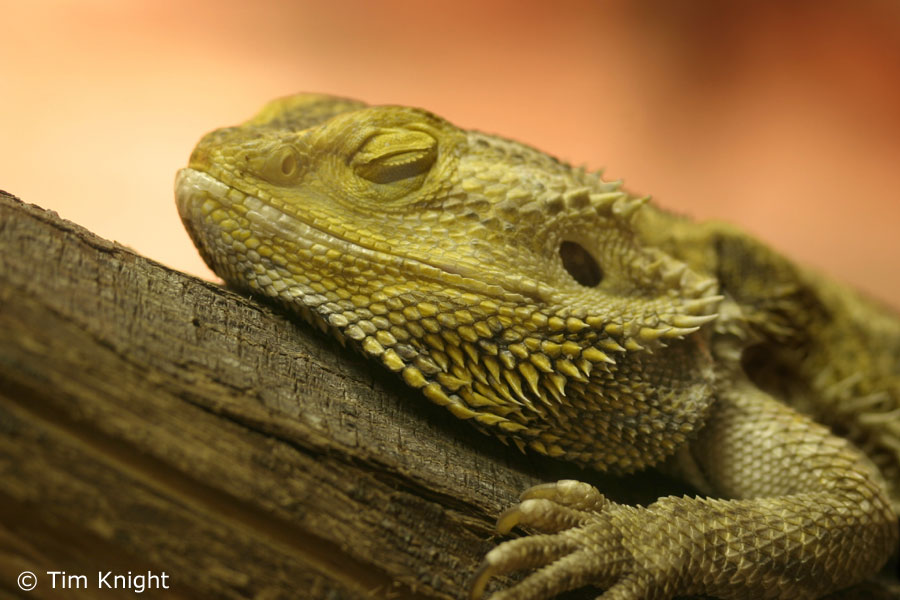Bearded Dragon Appetite: How to Maintain a Healthy Diet for Your Pet
Introduction
Bearded dragons are popular pets among reptile enthusiasts. These beautiful creatures are easy to care for, sociable, and have a unique personality. One of the most important aspects of caring for your bearded dragon is their diet. Like all pets, a balanced diet is essential for their health and well-being. In this blog post, we will discuss how to maintain a healthy appetite in your bearded dragon.
Understanding Your Bearded Dragon’s Diet
Before we get into maintaining a healthy appetite for your bearded dragon, it’s important to understand what they eat in the wild. Bearded dragons are omnivores, which means they eat both plants and animals. In their natural habitat, they mostly feed on insects, small mammals, and vegetation like flowers and greens. Therefore, a balanced diet should reflect their natural eating habits.
What to Feed Your Bearded Dragon
When it comes to feeding your bearded dragon, you have two options: you can either feed them store-bought food or live prey. Store-bought foods are formulated to provide your pet with a balanced diet, but some bearded dragons may not accept them. Thus, feeding them live prey is a more reliable option. Bearded dragons will feed on insects such as crickets, mealworms, and dubia roaches. Pinky mice can also be fed to adult bearded dragons.
How Much to Feed Your Bearded Dragon
The amount of food your bearded dragon needs depends on their age, weight, and size. On average, adult bearded dragons require feeding once or twice a day while young dragons require more frequent feeding. Generally, a bearded dragon’s appetite will decrease as they grow older.
How to Maintain a Healthy Appetite
It’s important to monitor your bearded dragon’s appetite to ensure they are maintaining a healthy diet. Here are some tips to help maintain your bearded dragon’s appetite:
- Vary their diet with different types of insects and greens
- Feed at consistent times of the day
- Maintain the optimal temperature and lighting in their enclosure
- Increase activities and opportunities for exercise
- Feed smaller amounts more frequently
- Remove uneaten food within a few hours to prevent bacterial growth.
Conclusion
Maintaining a healthy appetite in your bearded dragon is essential in keeping them healthy and happy. By understanding their natural diet and following the tips we outlined in this blog post, you can ensure your bearded dragon’s appetite stays healthy and strong. Remember, a healthy appetite equals a healthy, happy pet.










